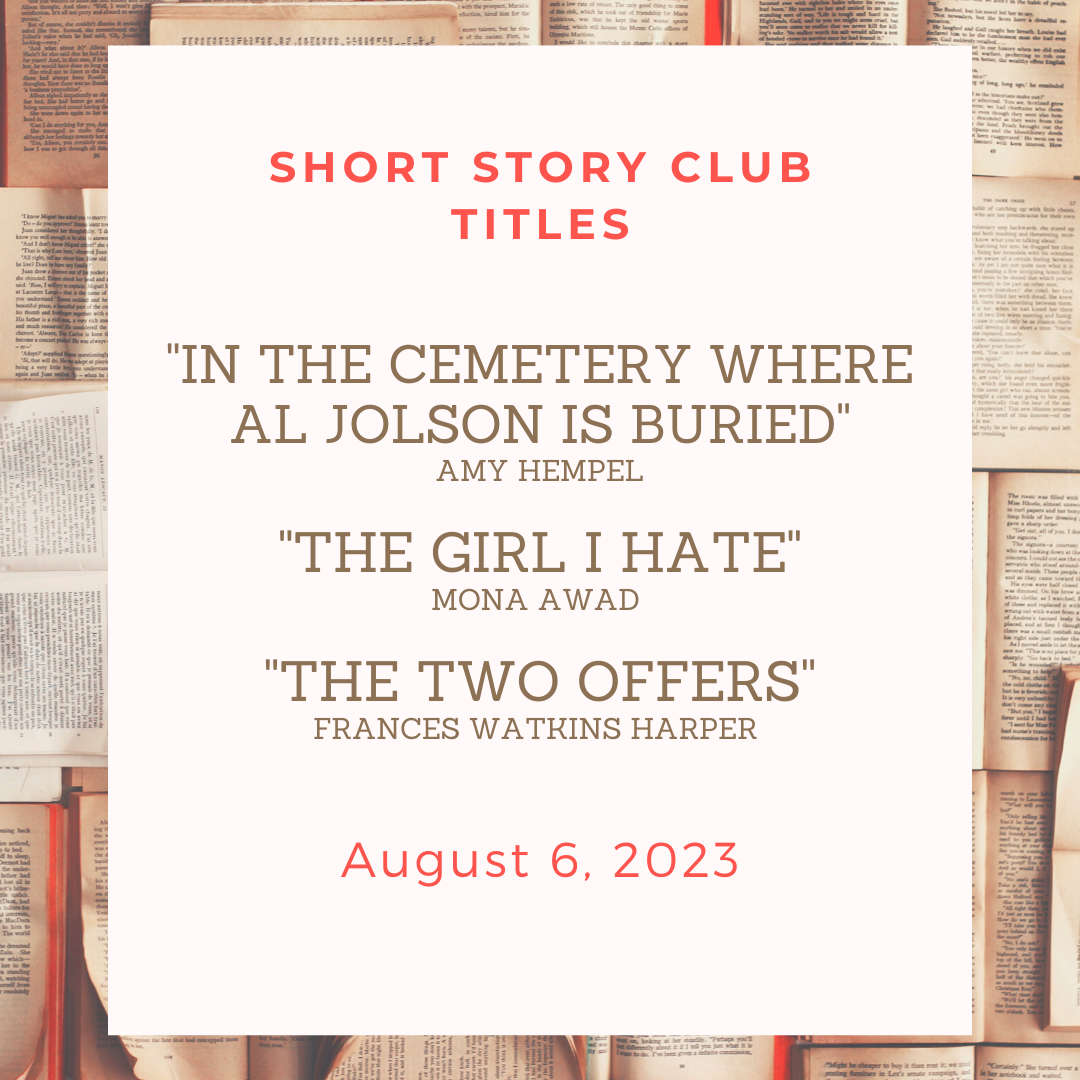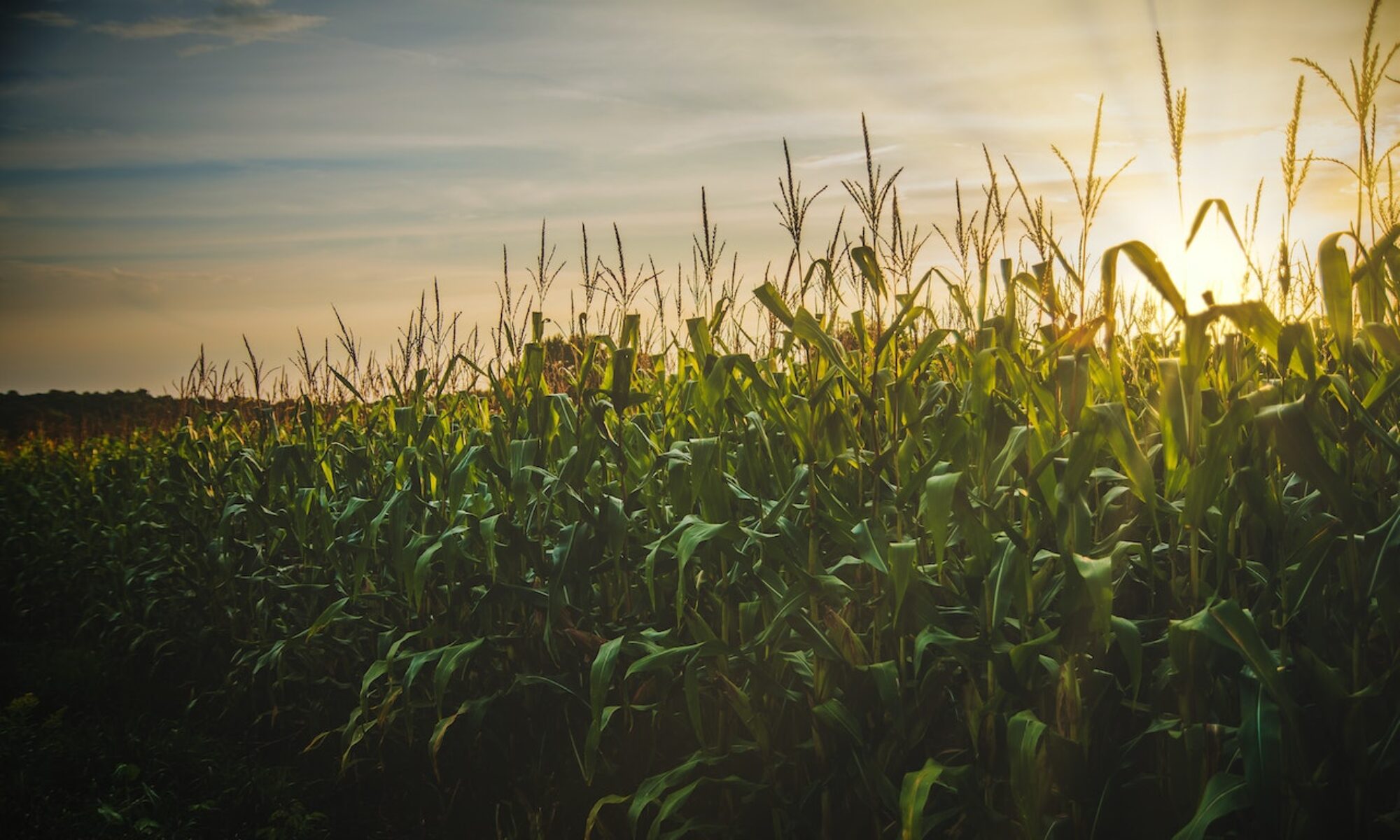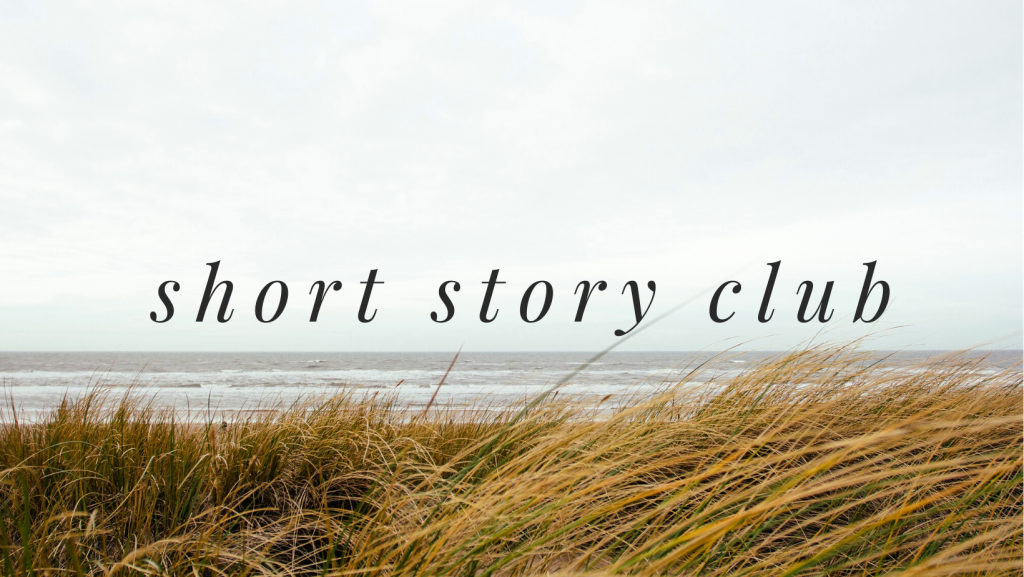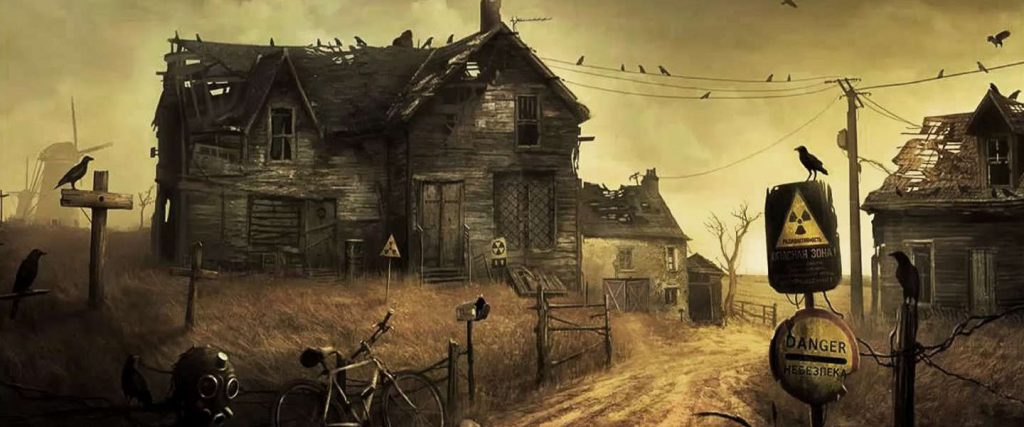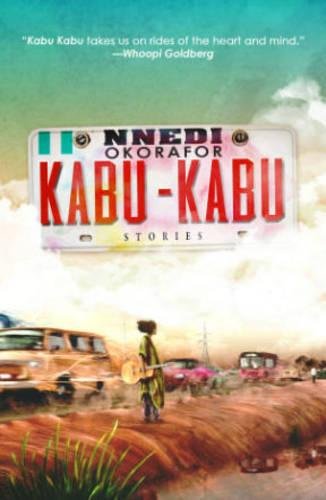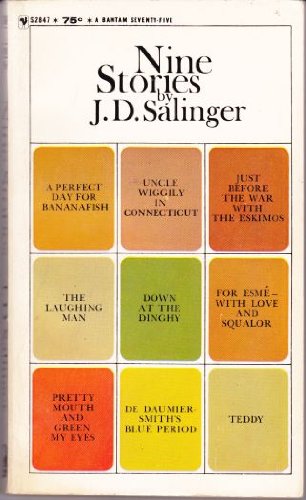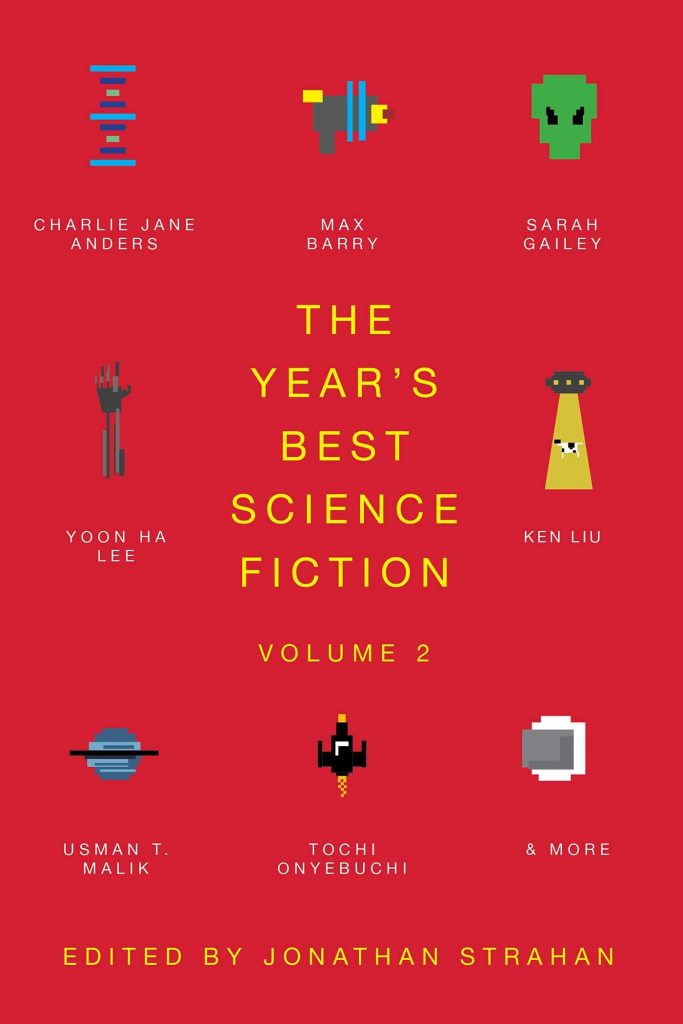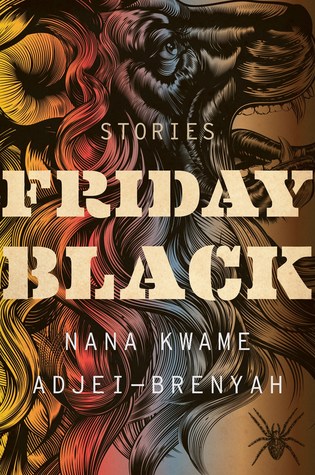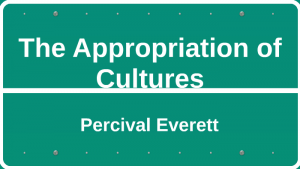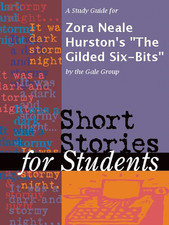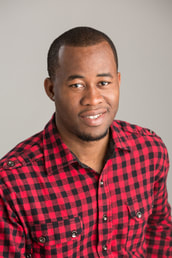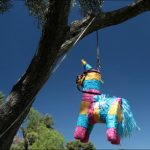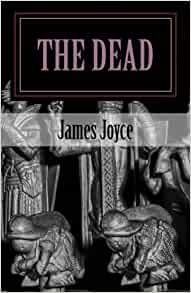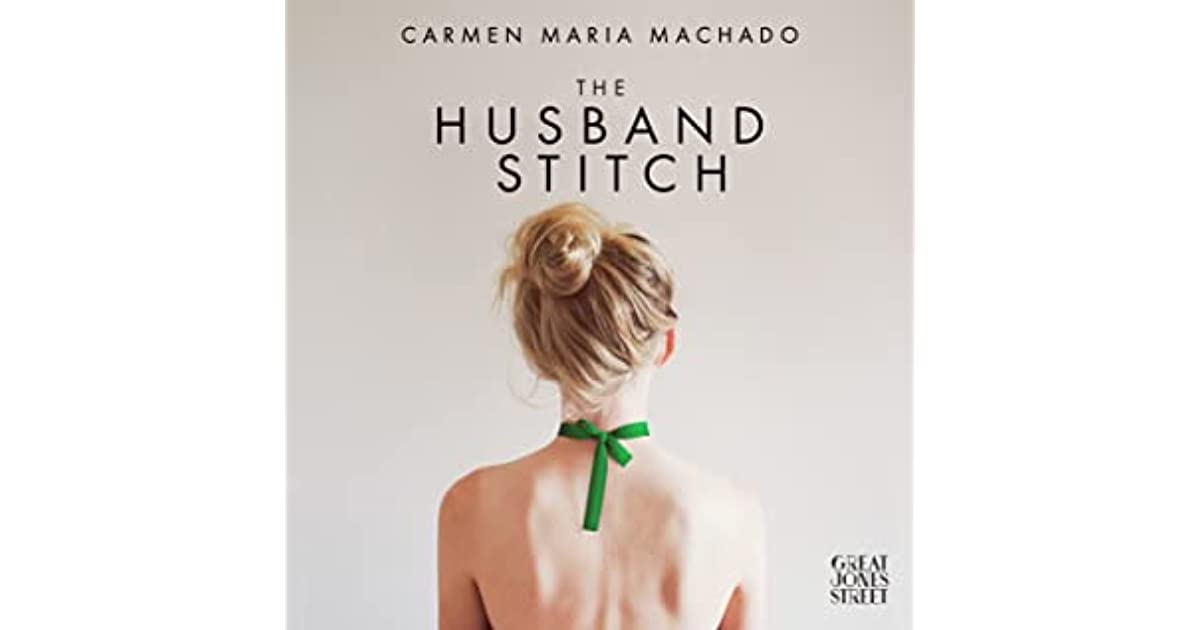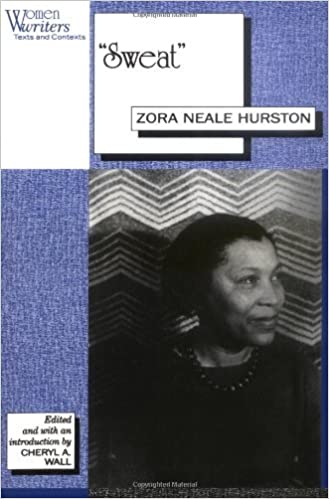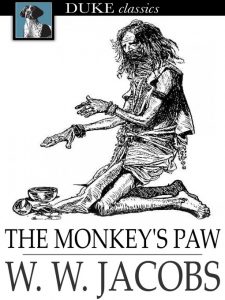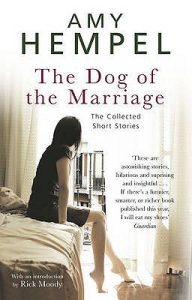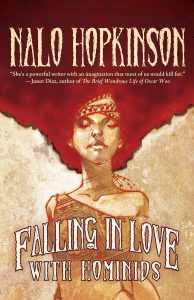I was in middle school, maybe, when my mom and I helped re-seed a trail over a small number of indigenous burial mounds that had been worn down by hikers in our nearby state park. I remember distinctly that we and a dozen or so other volunteers formed something of an assembly line that snaked around the burial mounds. We moved dirt and grass seed and water down the line. We dug out an appropriate path that lead around the mounds. The whole process took maybe an hour.
I remember very vaguely there was someone from a local tribe who blessed the new grass seed. I was intrigued by the process. Probably the hikers who trod the trails over the mounds were ignorant about what was underfoot. Likely, no one had any clue.
I went to a pow wow once when I was in high school. I was entranced by the dancing, of course, and the importance of detail. But even though I was curious, I never did learn much about the indigenous people. I didn’t even know our local tribes.
I have heard the phrase “decolonize your bookshelf” quite a lot over these past few years, but I didn’t realize that I was in the process of doing it, somewhat unintentionally. I have not read — as in read in print — any books lately by indigenous authors (though I did read the novel “There There” by Tommy Orange semi-recently), but I have been listening to a number of podcasts by and about indigenous peoples for a while.
I have to share this tweet about the whole listening-to-is-not-reading debate bullshit:
Randi Jo
@RandiJoDalton
As a Mohawk librarian, when I defend audiobooks, it’s personal. My people were telling stories orally long before stories came packaged in book form. There are many ways to “read” something. There are a thousand ways to tell a story.
Find the whole thread here.
In honor of Indigenous People’s Day, check out these podcasts:
I have a lot to learn and re-learn.
Stay curious. I’m trying.
